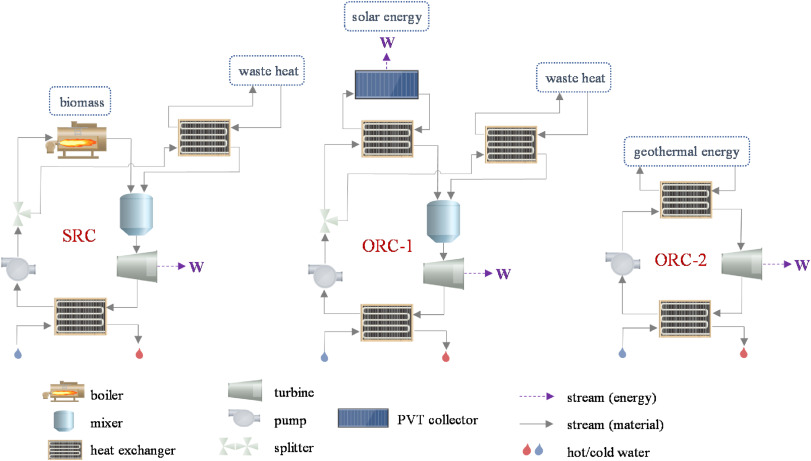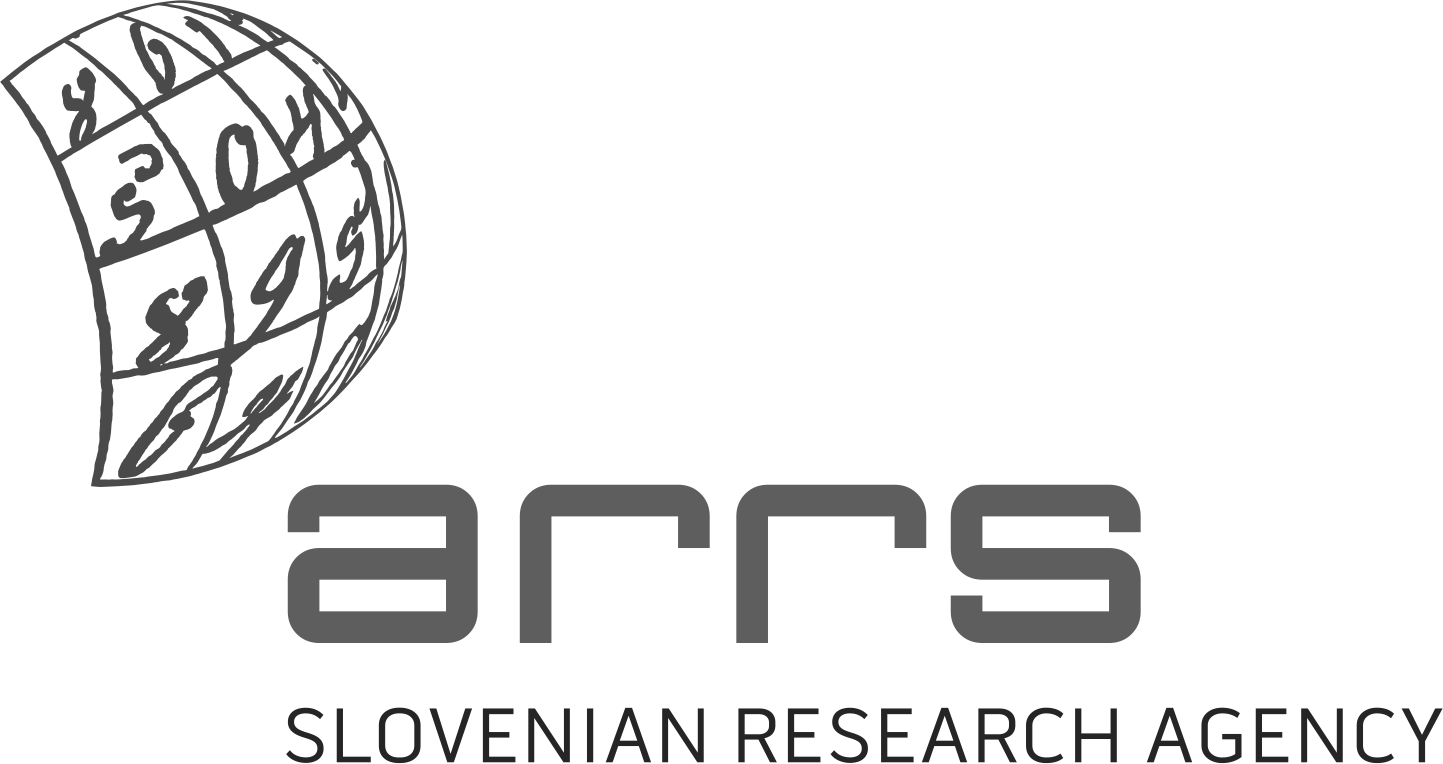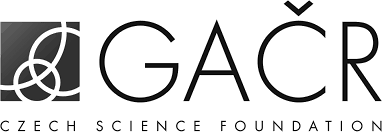The optimisation of Rankine cycle systems is mainly influenced by the type of heat source, working fluid selection, process components, control strategy, component layout and sizing, and has been recognised as a promising way to contribute to the development of renewable and sustainable energy systems. In this study, a combined steam-organic Rankine system is proposed to recover waste heat from aluminium production at various temperature levels and heat from solar, geothermal and biomass renewable sources. Based on a case study in a Slovenian city, the operating conditions of two different configurations are optimised for individually positioned cycles and for a cascade design of these cycles. The process design and its characteristics are captured in a flowsheet structure formulated with a non-linear programming model and solved in GAMS. The comparison of the optimal performance of the studied systems shows the better performance of the separate design, generating a total power of more than 1.6 MW, while in cascade design 11.4% less power is produced. The flexibility and adaptability of the system to different energy sources are investigated and the trade-offs associated with different system configurations are discussed.



